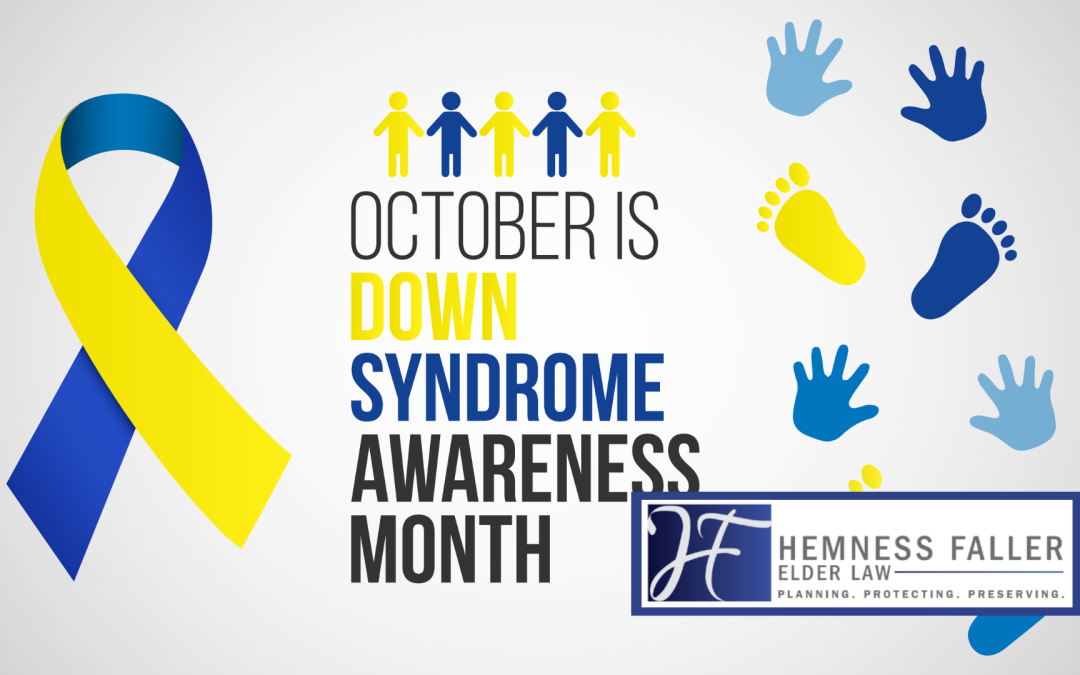We call them our “sons” and our “daughters.” They sleep in our beds and hold a piece in our hearts. We spend an abundance of money on them for birthday gifts, grooming, veterinary care, and toys. Our free time is spent with them at dog parks, horseback riding, and pet supermarkets. In return, we receive love that is unwavering and undying. Regardless if they have four legs, feathers, or gills, pets have become entwined in the American family unit. It is only fitting that with all that we, as pet owners, receive, we wish to make sure that these family members are taken care of upon our deaths. So, how can we provide for our furry children after we are no longer here?
Many pet owners have attempted to use their Last Wills and Testament to provide directly for their furry children by giving them outright bequests. However, courts have held these outright bequests, such as “I give Twelve Thousand ($12,000) to my dog, Oakley,” automatically void and unenforceable. This is because, regardless of how a pet parent feels about their “son” or “daughter”, in the eyes of the law, pets are considered property, and property cannot inherit property.
In an attempt to get around this automatically void bequest, pet owners have made outright bequests to specific individuals with the request that they use the funds to care of their pet. For example, an individual writes in her Last Will and Testament, “I give Twelve Thousand Dollars ($12,000) to my niece, Nancy Smith, with the request that she utilize it for the health and upkeep of my dog, Oakley.” The problem with this type of bequest is courts have historically viewed the requirement that the beneficiary take care of the pet as a discretionary condition with no legal consequence. Therefore, Nancy Smith will still receive the gift of $12,000, but it is not mandatory that she use the funds for the dog’s care. It seems that even though the intent of the bequest seems unambiguous, there is a tread to view this language as nonbinding.
While pets lack the right to inherit outright, courts have found that it is extremely important that pet parents have the ability to provide for their pets upon their demise. The best way to ensure that your furry child is cared for monetarily and physically is to establish a pet trust. This can be accomplished either by placing the pet trust provisions in a Last Will and Testament or a Revocable Living Trust. Regardless of the instrument utilized, when establishing a pet trust, pet owners should consider how long they want the trust to continue, who should receive any remaining funds in the trust upon the pet’s demise, who should be the caregiver and/or trustee of the pet, and how much to place into the trust. Also, pet owners need to ensure that their animal is thoroughly described in the trust as to avoid any confusion. It is these factors that an individual should thoroughly consider to make sure that their furry children are given the care they deserve.
The former president of The Society for the Prevention of Cruelty to Animals estimated that about 150,000 cats and dogs per year are abandoned after their owner’s death. This is so disheartening. Luckily, pet owners, who do not want their beloved furry children ending up in shelters uncared for and unloved, have become more informed and are taking steps to plan for what they wish will happen to their pets upon their death. Recent statistics indicate that pet parents who take the appropriate action are leaving between $15,000 and $20,000 in trusts.
Here in our Law Office, we have written many trusts for our clients’ pets. Personal favorites include a “Parrot Trust” and the trust set up for “Bella the Cat” (whom Emma got to meet personally). If you want to discuss establishing a pet trust to provide for the care and protection of your beloved furry child, act now. Call us. And, perhaps when you visit, you’ll be able to say “Hi” to our outdoor office cat, Fancy.






